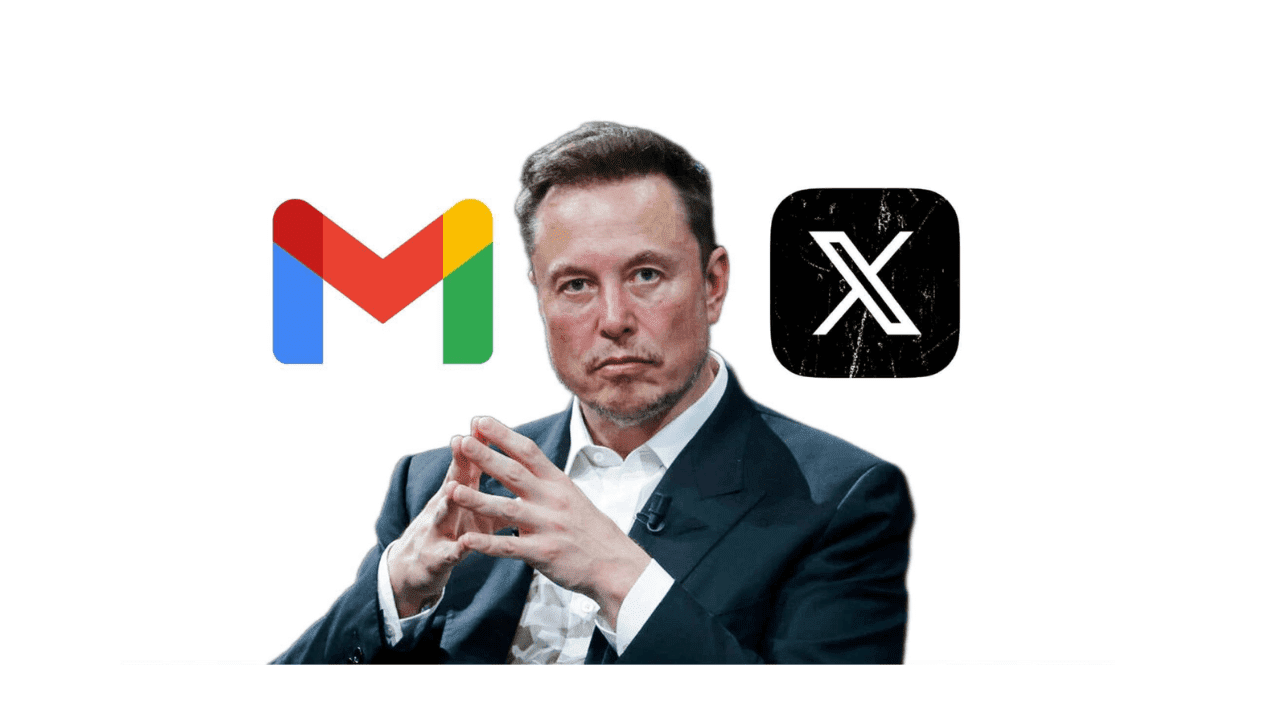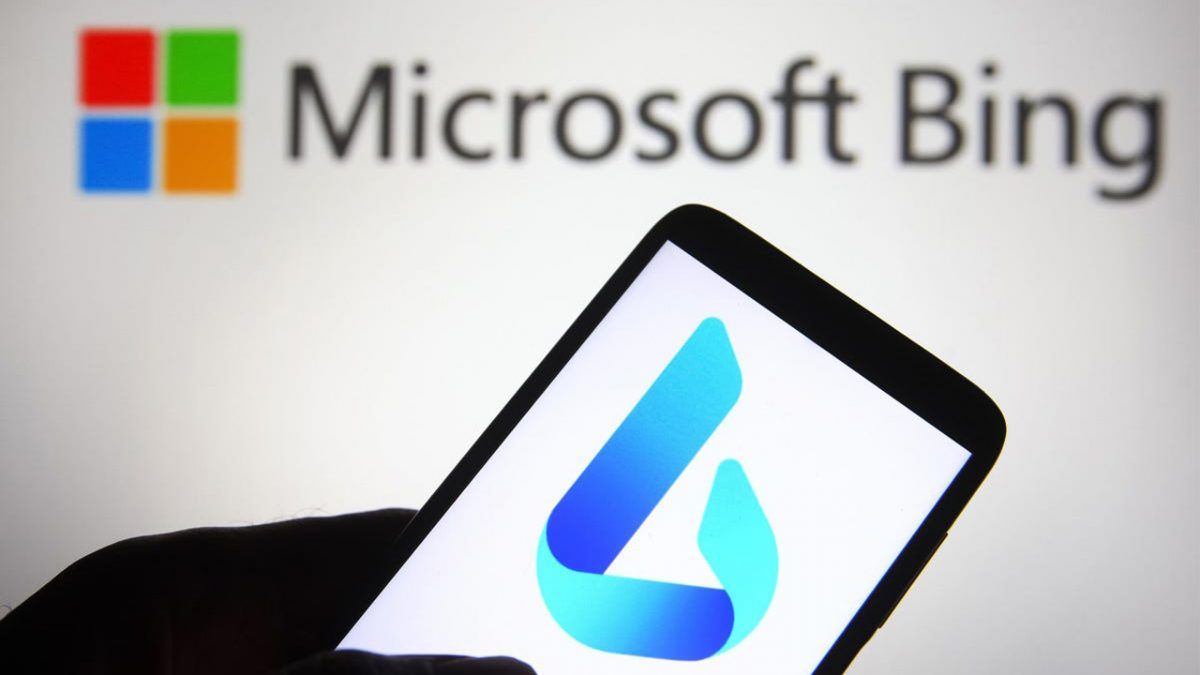
Elon Musk revealed his newest project, XMail, an e...
news-extra-space

 Bing Chat has been added to Microsoft's search engine's recent spotlight, even though the company has not previously disclosed the number of daily active Bing users. Microsoft has discovered that about a third of Bing Chat testers are brand-new users. According to Mehdi, “Roughly one-third of daily preview users are using Chat daily. We are seeing on average, roughly three chats per session with more than 45 million total chats since the preview began.”
A large language model (LLM) from OpenAI was used by Microsoft to launch the Bing chatbot in a "limited preview" a month ago. In response to the bot's occasionally strange and threatening conversations, the company changed the behavior of the bot in several ways. Since it was easier for the chatbot to lose control during lengthy sessions, one change limited the number of responses it could provide in a single instance. More recently, Microsoft added some "personalities" for the chatbot to make responses either more straightforward or more entertaining.
Bing Chat has been added to Microsoft's search engine's recent spotlight, even though the company has not previously disclosed the number of daily active Bing users. Microsoft has discovered that about a third of Bing Chat testers are brand-new users. According to Mehdi, “Roughly one-third of daily preview users are using Chat daily. We are seeing on average, roughly three chats per session with more than 45 million total chats since the preview began.”
A large language model (LLM) from OpenAI was used by Microsoft to launch the Bing chatbot in a "limited preview" a month ago. In response to the bot's occasionally strange and threatening conversations, the company changed the behavior of the bot in several ways. Since it was easier for the chatbot to lose control during lengthy sessions, one change limited the number of responses it could provide in a single instance. More recently, Microsoft added some "personalities" for the chatbot to make responses either more straightforward or more entertaining.
 Microsoft released its most recent data on Bing Chat usage a few weeks after outlining its strategies for increasing sales in a market for digital advertisements estimated to be worth $500 billion. In a call with analysts last month, Philippe Ockenden, CVP of finance at Microsoft, stated that every 1-point increase in market share in the field of search advertising represents a $2 billion revenue opportunity for the company's advertising division.
Microsoft's advertising division has already increased its annual revenue from $10 billion to $18 billion over the last 12 months. Bing is one of the reasons for that, but Microsoft still has a ways to go before it can compete with Google's projected 2022 advertising revenue of over $200 billion.
Microsoft released its most recent data on Bing Chat usage a few weeks after outlining its strategies for increasing sales in a market for digital advertisements estimated to be worth $500 billion. In a call with analysts last month, Philippe Ockenden, CVP of finance at Microsoft, stated that every 1-point increase in market share in the field of search advertising represents a $2 billion revenue opportunity for the company's advertising division.
Microsoft's advertising division has already increased its annual revenue from $10 billion to $18 billion over the last 12 months. Bing is one of the reasons for that, but Microsoft still has a ways to go before it can compete with Google's projected 2022 advertising revenue of over $200 billion.
Leave a Reply






